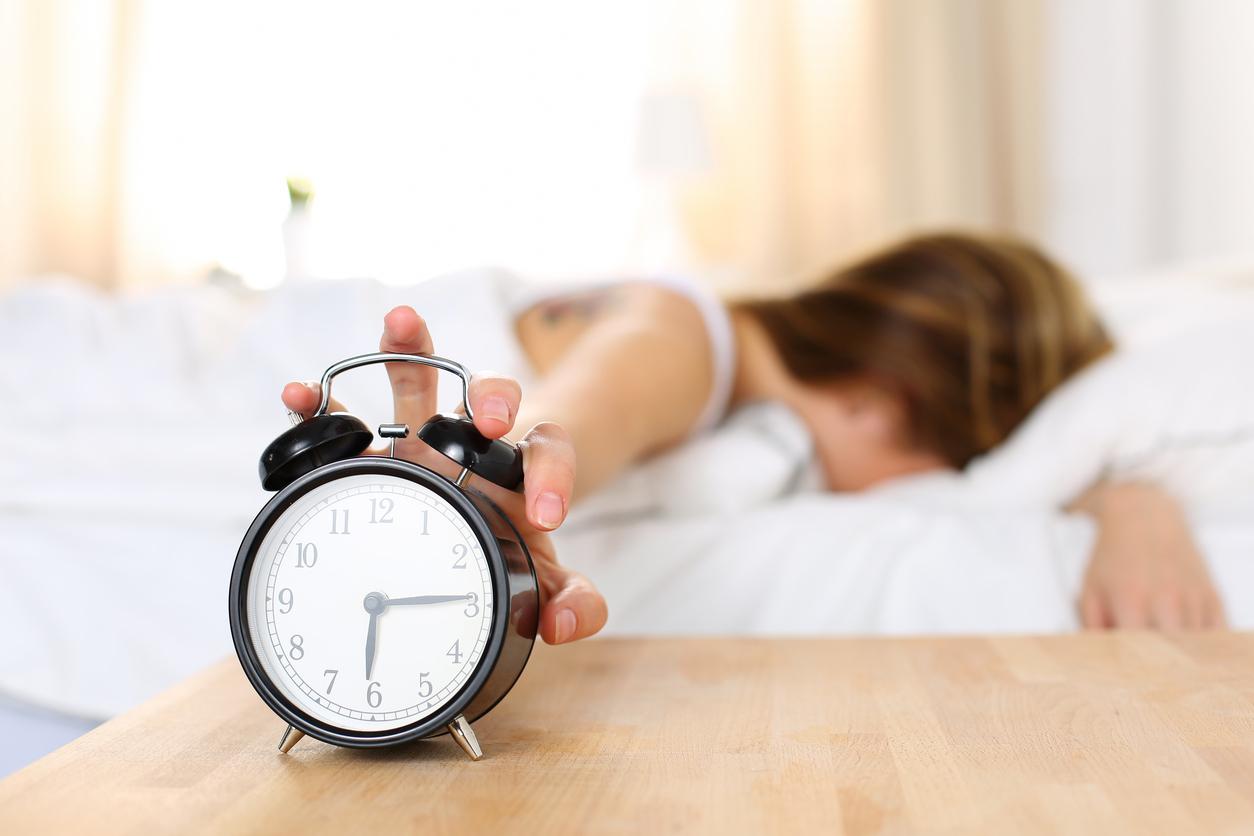How to avoid losing an hour of sleep when the clocks go forward
The change in sleeping pattern can leave us feeling bleary-eyed

Marking the start of British Summer Time (BST) this Sunday, the clocks go forward - but it’s somewhat of a double-edged sword.
While our days become longer and our evenings lighter, we also lose an hour of sleep.
For all its benefits, the change in sleeping pattern can leave us feeling bleary-eyed, as even the smallest changes to our slumber can have a negative impact on our body clock.
So what can you do to cope with the clocks going forward this weekend?
According to the NHS, regular poor sleep can put you at risk of developing complaints like obesity, heart disease and diabetes so it’s important to give your body time to adjust.
As such, try going to bed a little earlier in the nights preceding. Whether that’s 10-15 minutes each night or an hour the night before, this will ensure that the adjustment doesn’t come as too much of a shock.
If an early night just isn’t doable though, try to compensate on the Sunday with a lie in and sleep through that missed hour entirely.
Though it’s just an hour’s difference, the change can throw a person’s body clock off kilter for a few days but luckily, if you do struggle to get to sleep there are some solutions.
Have a relaxing bath, turn off the TV and try some stretching or meditation before going to bed.
Similarly, you could try out sleep-inducing foods like pineapple, cashews, cherries or chamomile tea.
Whatever you do though, don’t drink booze. This might help you get to sleep quicker but it will interrupt your sleep cycle throughout the night, making you fatigued in the morning.
Join our commenting forum
Join thought-provoking conversations, follow other Independent readers and see their replies
Comments